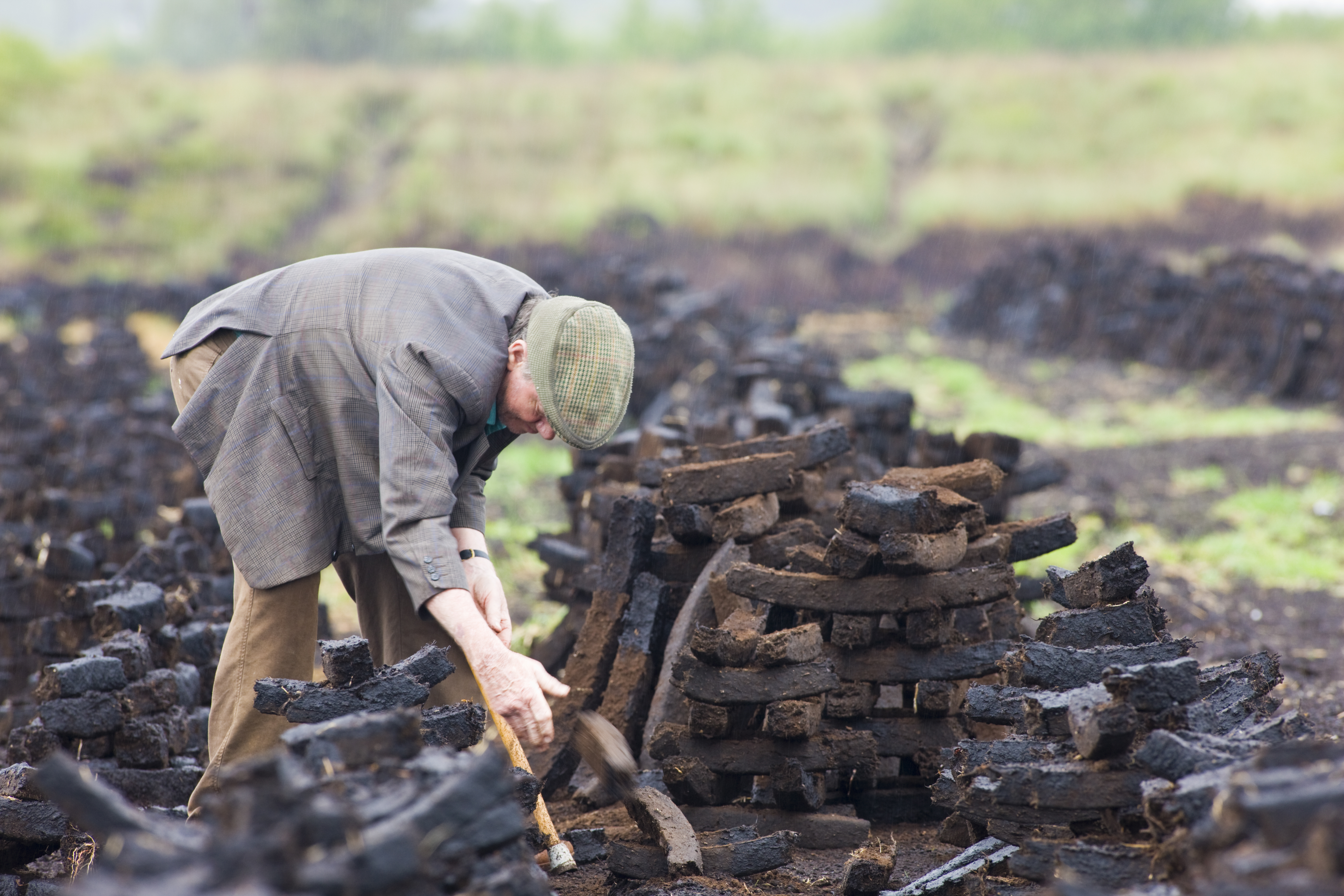What is everyone talking about this week? Is peated whisky living on borrowed time?
What is the best use of £60? Buying a bottle of peat.


Exquisite houses, the beauty of Nature, and how to get the most from your life, straight to your inbox.
You are now subscribed
Your newsletter sign-up was successful
What is the best use of £60? According to Charles Spinola, founder and director of Cartwright Jenson Group, a whisky-acquisition advisory firm, the answer is buying a bottle of peat. This is the colloquial name given to whiskies that have been laced with smoke from decomposed plants and mosses. Although the liquor has been a drinker’s favourite for centuries, its flavour achieved by burning peat beneath the flowering barley in a kiln, its future is anything but certain. This is because the magic ingredient is also a huge pollutant: when peat burns, it releases a large amount of carbon dioxide into the atmosphere, contributing to global warming.
Will peated whisky’s stock rise before it disappears? This is the question being posed by collectors and producers as the harvest draws to a close. Speaking at the FT Week-end Festival earlier this month, Charles likened the drink to ‘a dinosaur in a bottle’. This statement was not made in a vacuum; last July, Alastair Collier of climate tech firm A Healthier Earth warned that peated whisky was at risk of being banned within five years. Such claims should give us pause.
Peatlands are massive carbon sinks, with those in Britain sequestering three billion tons of the stuff. That is the same amount stored in the forests of Britain, France and Germany combined. They are vital to our ecosystems, providing habitat for wetland birds, insects and reptiles, supplying more than 70% of drinking water and protecting homes from flooding. More than preserving, they need to be restored.
The National Trust is doing this over 16,300 acres in the Cambrian Mountains, Powys, blocking gullies to stop water from draining away and allowing vegetation to grow back. Yet it is unclear whether this will be enough to mitigate the damage. On the Hebridean island of Islay, original home of peated whisky, the holes in the ground left by the ingredient’s extraction have taken a toll on the landscape.
A sudden ban on peated whisky, however, would be disastrous. If some have predicted a gold rush, others are concerned about how this would affect the sector’s dependents. In Scotland alone, the production of peated whisky accounts for thousands of jobs. A longer-term solution would be to innovate. Some manufacturers are experimenting with more sustainable alternatives, simulating peat’s heady aroma by burning different types of wood, nettles or even sheep dung. Lament the loss of a centuries-old tradition if you like; to me, this is a smart move.
Exquisite houses, the beauty of Nature, and how to get the most from your life, straight to your inbox.
Will Hosie is Country Life's Lifestyle Editor and a contributor to A Rabbit's Foot and Semaine. He also edits the Substack @gauchemagazine. He not so secretly thinks Stanely Tucci should've won an Oscar for his role in The Devil Wears Prada.
